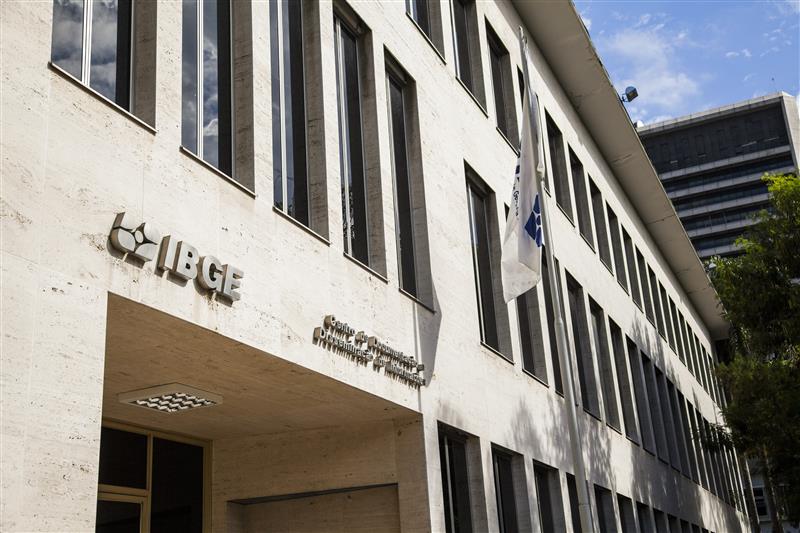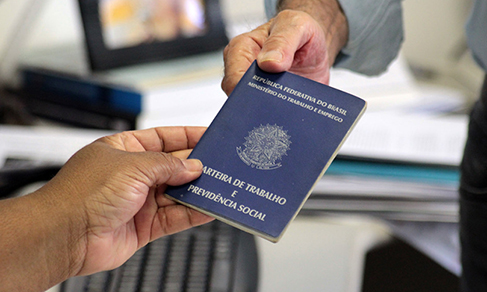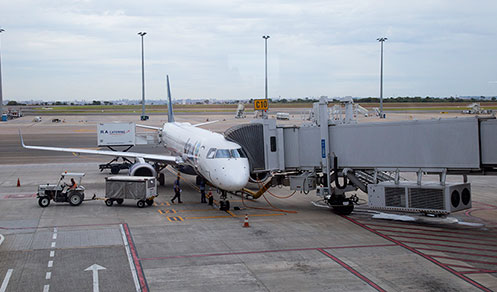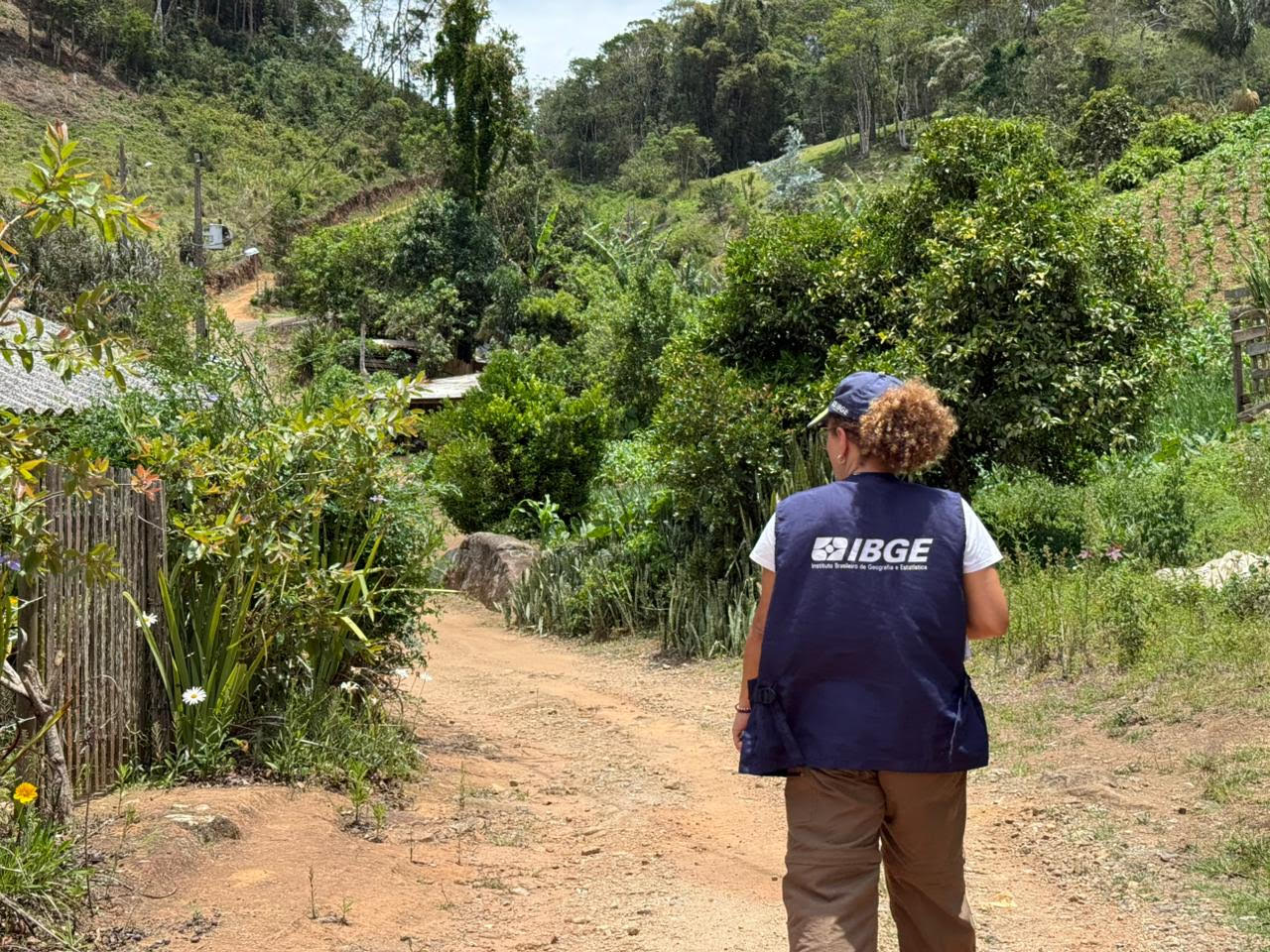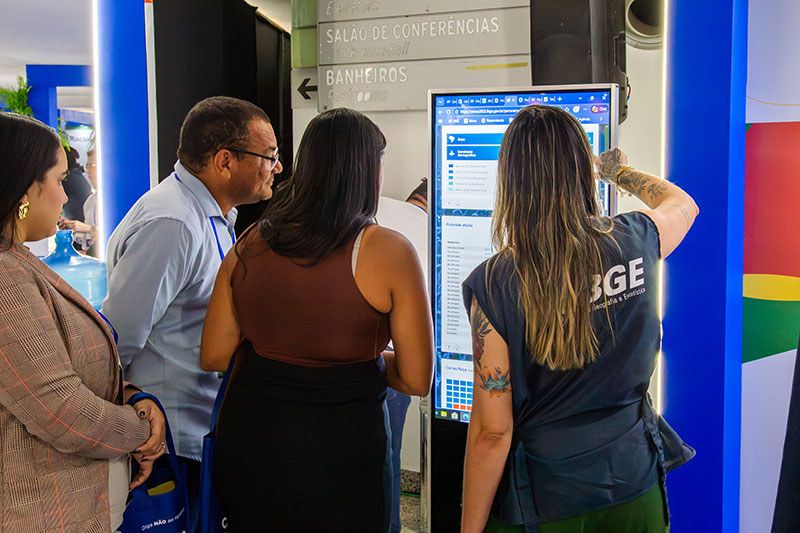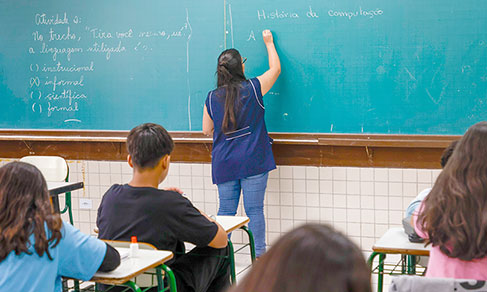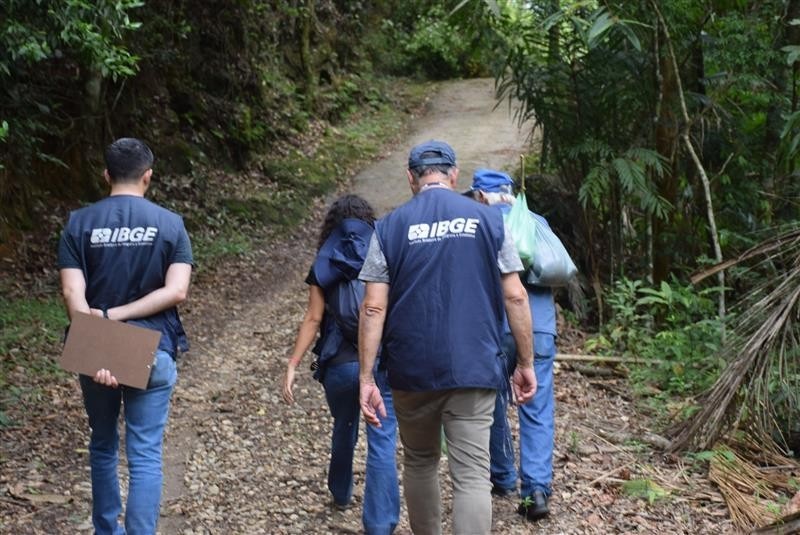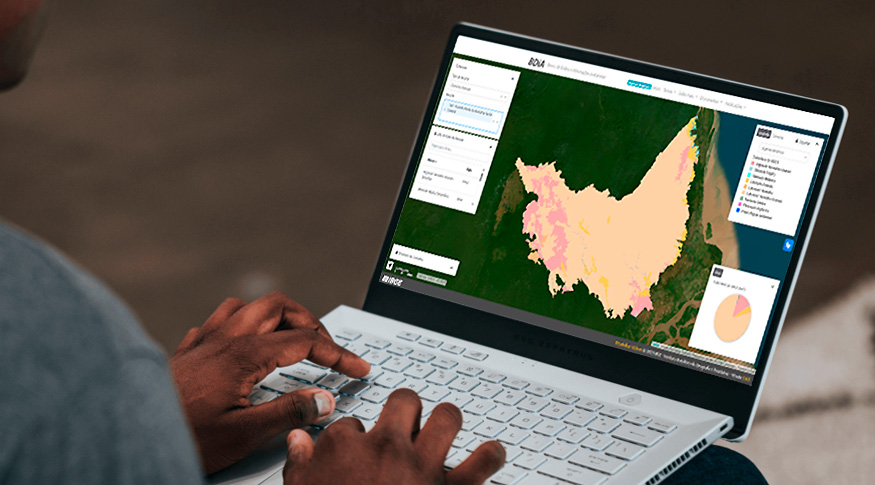2022 Census
CNEFE: IBGE brings forward release of address list microdata to help administrators in Rio Grande do Sul
May 21, 2024 10h00 AM | Last Updated: May 22, 2024 01h34 AM

The IBGE moved to this Tuesday (21), the release of the microdata for the National Address List for Statistical Purposes (CNEFE). The measure is among the efforts made by the Institute to make available, as shortly as possible, information that can help the state face the ongoing calamity. The full publication will be available on June 14.
In February, the IBGE had already released the Geographic Coordinates for Types of Addresses in the 2022 Population Census. An innovation in the current release is the presence of complete address attributes for the 106 million plus million addresses collected, according to the pattern used by the IBGE, including street, number and modifying code, complement, locality, zip code, type of housing unit visited, type of building, names of the establishments, among others. The data dictionary will also be made available with a characterization of the content and a document with guidelines for using these data due to the change of release date.
CNEFE encompasses data from the entire country, but the purpose of bringing the release some weeks forward is a way to serve as source of information to enrichen and improve the work of administrators, technicians and professionals working in Rio Grande do Sul.
The IBGE Director of Surveys, Elizabeth Belo Hypolito, mentions the effort made by the Institute to support federal, state and municipal branches of government. “The IBGE has taken part in a number of meetings to discuss actions in favor of Rio Grande do Sul. Our Directorates and the State Superintendency are working in cooperation. And moving up the release of CNEFE microdata was one of the possible measures.”
Ivone Lopes Batista, director of Geosciences says that "the release of addresses collected during the 2022 Population Census will allow the georeferencing of official registries to enable the identification, for example, of vulnerable populations, and help in the reconstruction of the areas hit by floods in the state of Rio Grande do Sul".
Eduardo Baptista, manager of the registry department, highlights the importance of releasing the microdata. “It will be possible to analyze the addresses affected, in order to provide support to victims and work on the panning of reconstruction of the areas in need.”
Information will be available as table files or on platforms for exploration of geographic data. “Besides the analysis of data by CNEFE itself, the user can combine information from different databases in public and private institutions, such as registries of neighborhoods and localities affected listed by municipal administrations and the state government.”
The full publication will be available on June 14, with complementary information with methodological notes and files with CNEFE data aggregated by sex. The data can be downloaded or explored by means of IBGE data visualization platforms – on the 2022 Population Census website and on the Interactive Geographic Platform (PGI).
In case of doubt, one can call the toll free number (0800 721 8181) or access the Contact us section and other channels on the IBGE website, here.
More about CNEFE
The National Address List for Statistical Purposes (CNEFE) is a public repository, maintained by the Institute, with information about housing units and buildings of formal and informal establishments, all over the country. Created in 2005, with data collected during the 2000 Census, the address list is used as a tool for planning of IBGE surveys. In the case of sample surveys, such as Continuous PNAD, which monitors employment in the country, for example, the list is an essential input for the selection of addresses that will be part of the collection. As a public archive, CNEFE is also used by state and private administrators.





